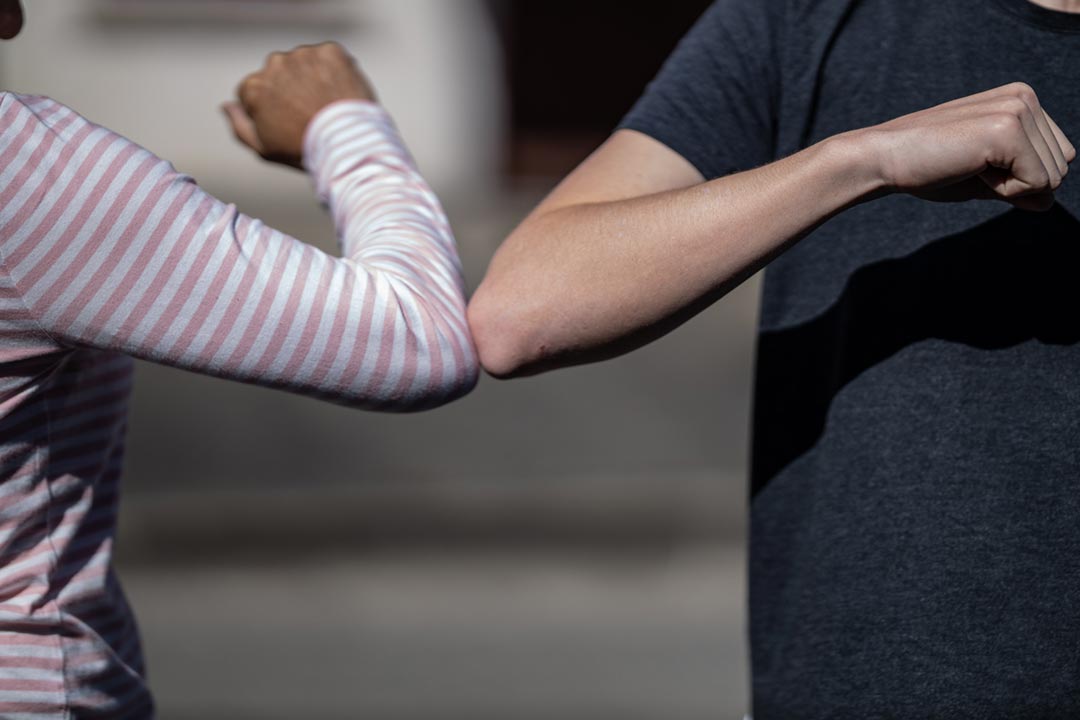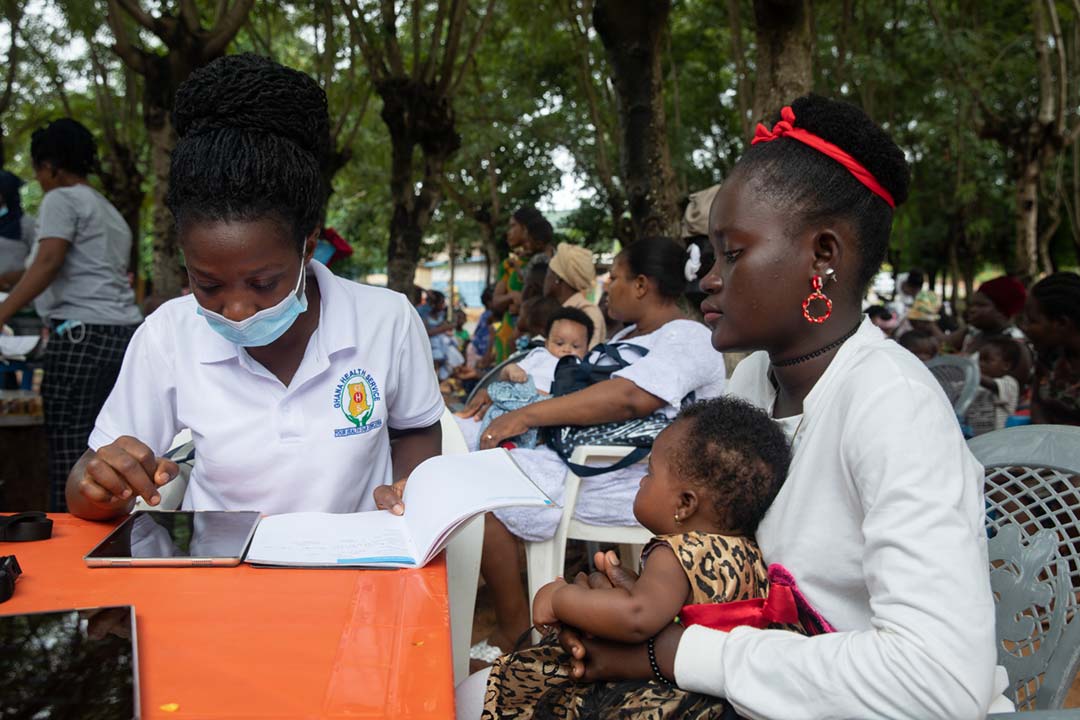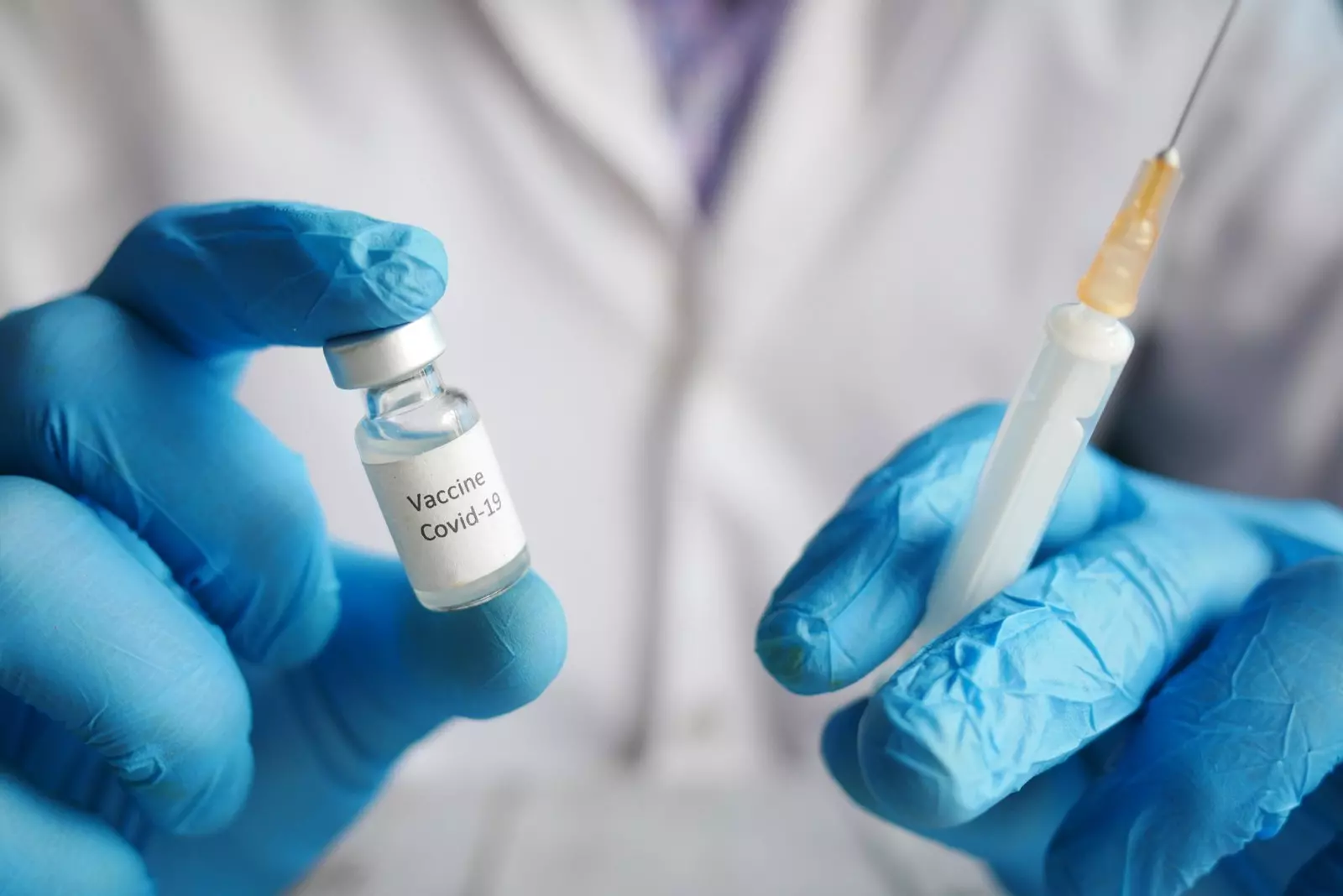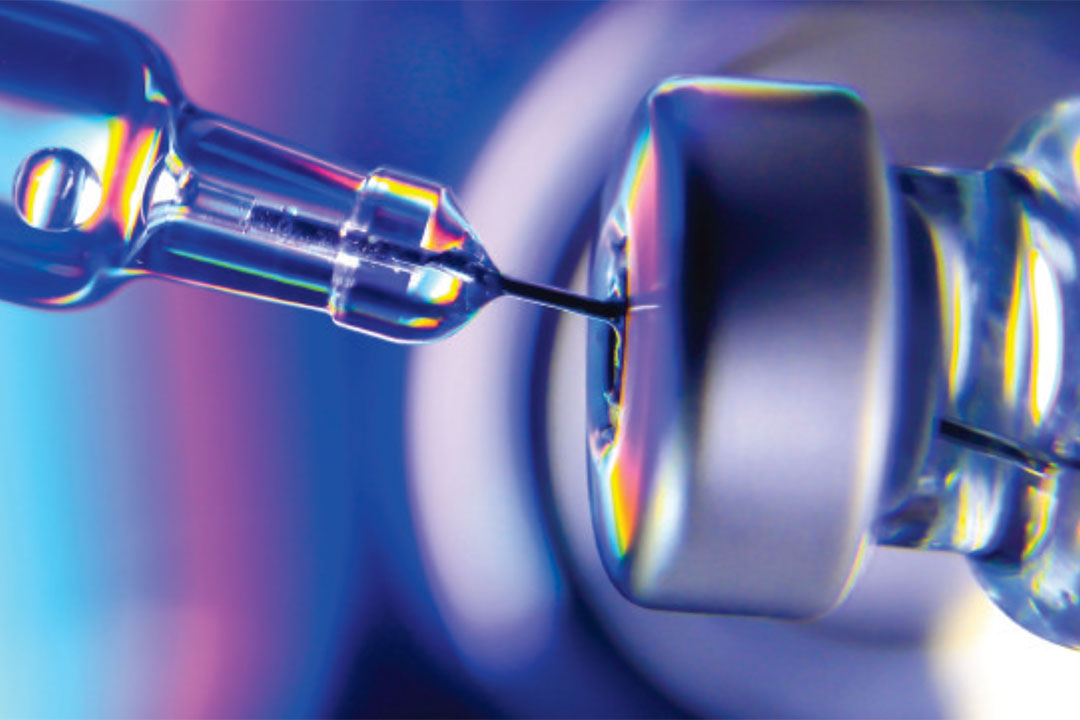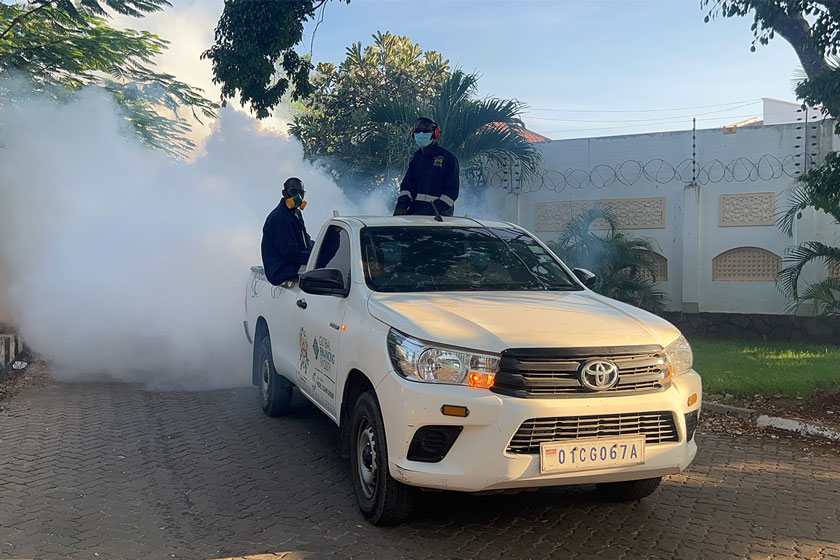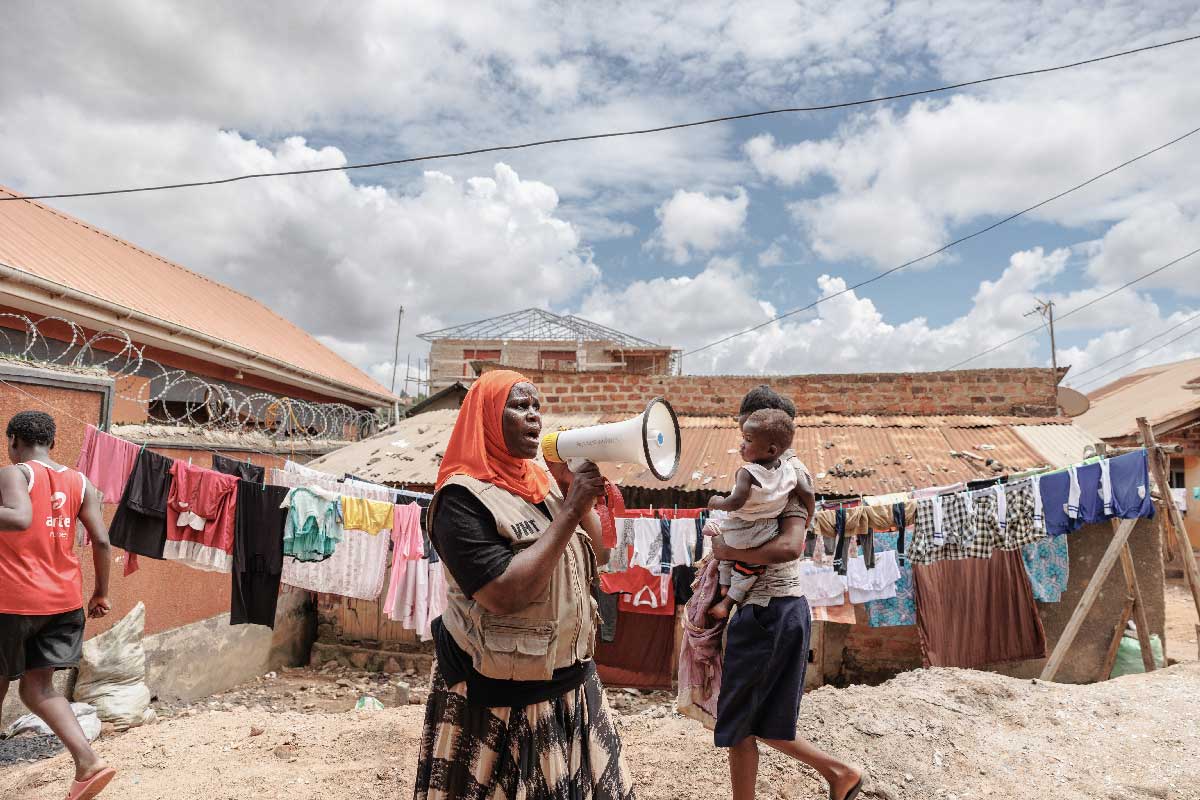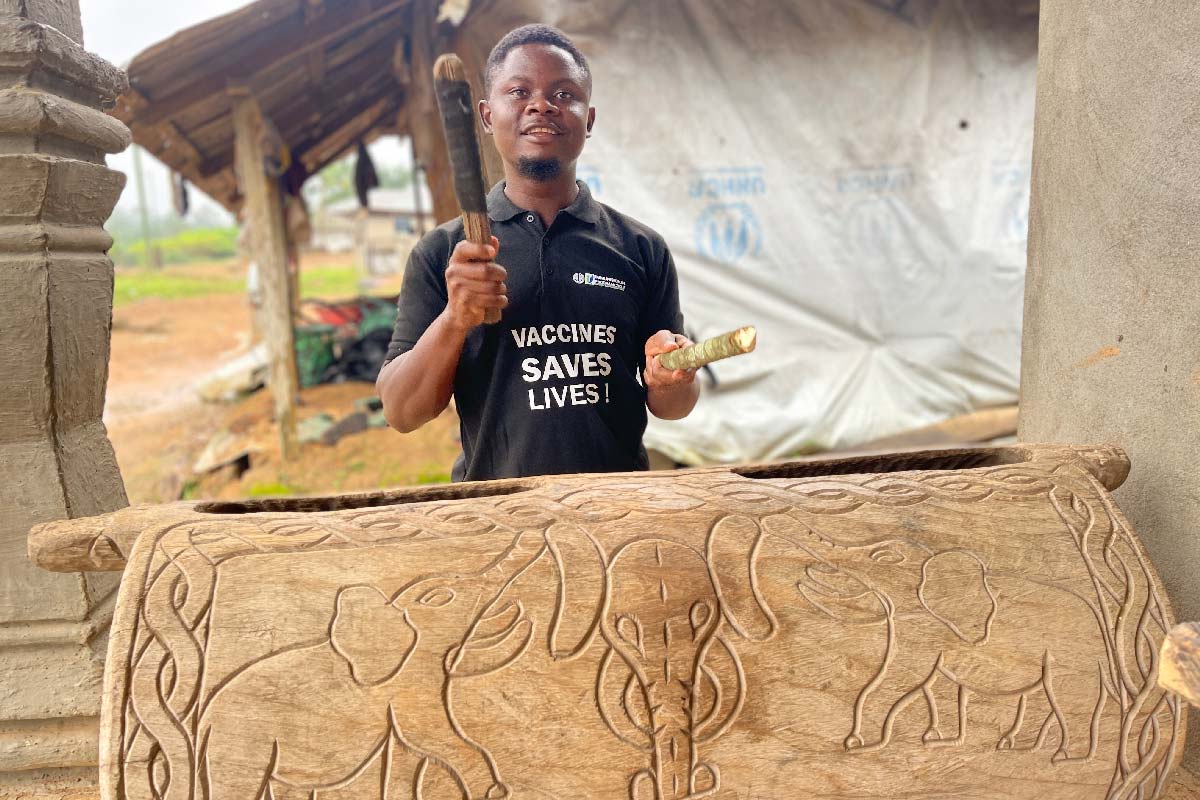APR 2021: Reflecting on 2021, the global imperative for 2022
Dr Seth Berkley, CEO of Gavi, the Vaccine Alliance, looks back on the first year of Gavi 5.0
- 29 September 2022
- 4 min read
- by Dr Seth Berkley
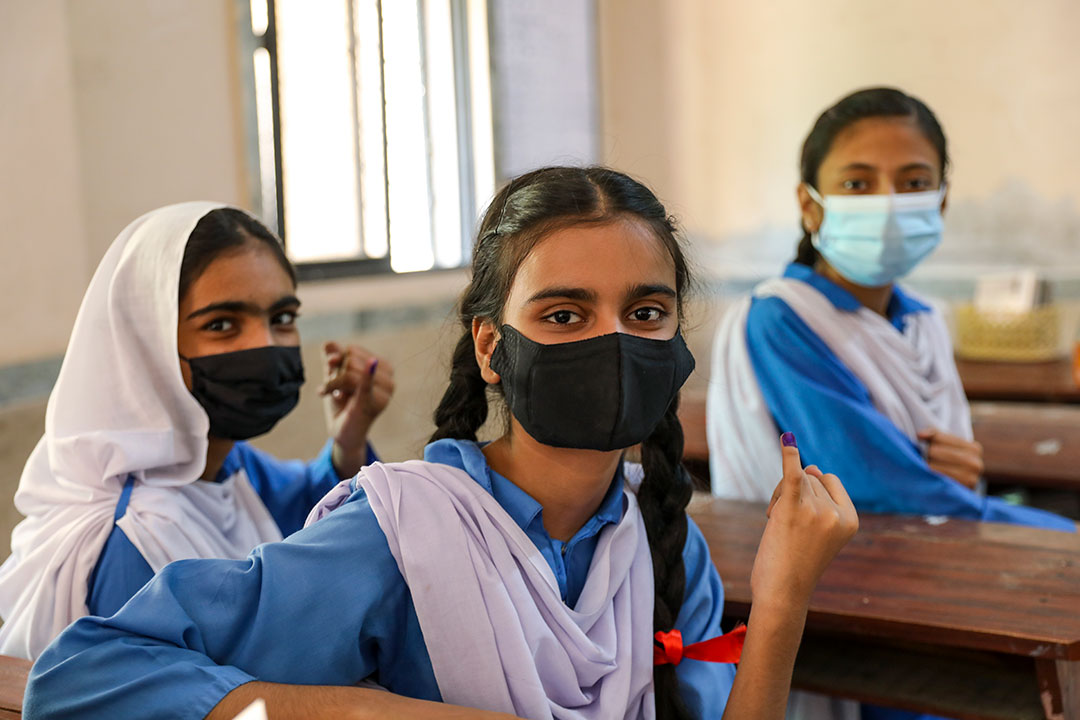
2021 was another challenging year in global health, as the official death toll for COVID-19 surpassed 5 million lives – a figure representing unimaginable heartbreak and loss, especially as the true figure is likely many times higher. Even as countries made extraordinary efforts to protect routine immunisation programmes in the face of this global pandemic, millions of children have missed out on life-saving vaccines. Basic vaccine coverage in 57 Gavi-supported countries dropped by one percentage point to 77% in 2021 following a four percentage point fall in 2020. The number of “zero-dose” children, who have not received a single shot of basic vaccines, rose for the second year running to 12.5 million – leaving them vulnerable to some of the world’s deadliest diseases, and making Gavi’s 5.0 mission to locate and reach them even more pressing.
Despite at times contending with what looked like insurmountable obstacles, COVAX aggressively ramped up deliveries in the final quarter of the year, and by the end of 2021 had shipped nearly 1 billion doses of COVID-19 vaccines to 144 economies around the world.
Against this backdrop, Gavi-supported countries have made significant strides: one third saw routine immunisation coverage increase in 2021. And two thirds of African countries have either recovered to pre-pandemic levels or begun recovering – Chad and Pakistan stand out for strong performances (see page 46 for more). The 57 Gavi-supported countries administered more vaccines in 2021 than any year in history: 65 million children vaccinated through routine programmes and more than 2 billion COVID-19 vaccines administered.
The first COVAX-supplied vaccine doses were administered in a Gavi COVAX AMC lower-income country on 16 January 2021, just 39 days after the first dose of a COVID-19 vaccine was administered in a high-income country, a historic first. And 44 days later, the first COVAX doses were administered in Africa – less than one year after COVID-19 was characterised as a pandemic.
Have you read?
Since those milestones, COVAX, a partnership between CEPI, Gavi, WHO and UNICEF, faced tremendous challenges securing adequate supply as export bans and hoarding by wealthier countries took their toll. Despite at times contending with what looked like insurmountable obstacles, COVAX aggressively ramped up deliveries in the final quarter of the year, and by the end of 2021 had shipped nearly 1 billion doses of COVID-19 vaccines to 144 economies around the world (the vast majority to the 92 lower-income economies supported through the Gavi COVAX AMC). Gavi raised US$ 10.9 billion from our generous donors for COVID-19 vaccine supply and delivery, and put in place a new dose donation programme to deal with vaccine shortages.
You will have heard this many times, but it remains the central challenge of our day – and of Gavi 5.0: no one is safe until everyone is safe.
In 2021, COVAX partners worked closely to address challenges of rolling out COVID-19 vaccines to lower-income countries. This involved accelerating vaccination through technical, ultra-cold chain and other support – including 400 additional staff to WHO and UNICEF; and providing additional support to strengthen health systems in countries with particularly low absorption capacity. At the December Board meeting, Vaccine Alliance partners agreed to prioritise delivery through a refreshed approach (now known as the COVID-19 Vaccine Delivery Partnership) overseen by the Temporary Delivery Steering Committee and chaired by Board Chair Barroso.
Also in December 2021, the Gavi Board made history by approving funding to support the roll-out of the world’s first malaria vaccine – nearly 35 years in development – in sub-Saharan Africa in 2022–2025. This new malaria vaccination programme will protect children against a disease that kills hundreds of thousands in Africa every year. Also, the first doses of licensed Ebola vaccine were shipped from a Gavi-funded global emergency stockpile of 500,000 doses.
This was also the first full year of Gavi implementing a revised Gender Policy, to identify and overcome gender-related barriers to reach zero-dose children and missed communities with the full range of vaccines. We were delighted that the Global Health 50/50 Report placed Gavi among the top 5% of 201 global health organisations in its 2021 review of gender-related policies and practices.
It was only as 2021 came to a close that we began to see what a sustained, concerted multilateral response to a global pandemic looks like and what it requires to keep routine immunisation systems afloat while health systems are under extreme pressure. Maintaining, restoring and strengthening routine immunisation is essential to reducing the risks of concurrent outbreaks, and to pandemic prevention and preparedness. You will have heard this many times, but it remains the central challenge of our day – and of Gavi 5.0: no one is safe until everyone is safe.
